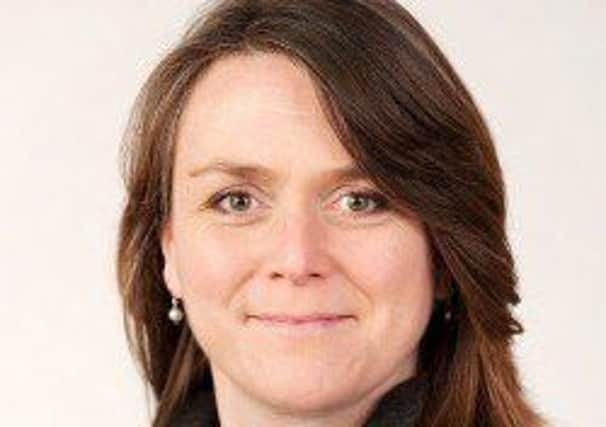Who says getting young fit is all but played out?


Our educators and policy-makers are tasked with providing a programme that develops children into well-rounded, healthy, academically successful and socially responsible adults in a way that satisfies everyone’s idea of what that means.
But what if there was a way to help primary children develop and grow emotionally, socially, cognitively and physically; a way which was proven to be fundamental to all children’s ability to learn, think, and grow their imaginations and was enormously beneficial for a child’s health and wellbeing; a way which was easy and cheap to implement and came perfectly naturally to every child in the world? And was fun for children too.
Advertisement
Hide AdAdvertisement
Hide AdWell, there is and it is happening, and working, right now in primary schools in Scotland’s biggest local authority. It’s called play and a pioneering and unique programme in conjunction with Glasgow City Council, as part of the city’s Improvement Challenge, is making it an integral part of the school day.
There are problems in Scotland which are having serious implications for our children. Children’s sedentary behaviour is high, with a third of six-year-olds spending as much three hours a day in front of a screen. Fewer than 1 in 5 children in Scotland meet the minimum daily guidelines for physical activity – just one hour a day.
Inactivity increases a child’s chance of being overweight or obese. Inactive children are more likely to develop diabetes, heart disease, high blood pressure, high cholesterol, asthma and arthritis. It has been linked to weaker bone structure, leading to increased incidence of bone fractures and osteoporosis. It is estimated that the effects of inactivity cost the NHS in Scotland £94 million annually.
It is in response to this that Go2Play, a fund run by Inspiring Scotland in conjunction with Scottish Government, developed the Active Play programme pioneered by play charity PEEK. The programme was expanded with additional play charities in 2014 and trialled in communities and then primary schools.
Active Play is simple; it boosts physical activity in children and helps them develop fundamental movement skills such as coordination and balance, all through playing games. And Active Play works; research by the University of Strathclyde showed Active Play reduced sedentary time and increased time spent doing physical activity by 40 minutes during a school day. What’s more, 92 per cent of children went on to play more outside of school time.
Active Play also aids a child’s mental development, boosting cognitive ability, academic achievement, imagination, creativity and social skills. Active Play is already aligned with the Curriculum for Excellence, supporting outcomes in literacy, numeracy and health and wellbeing. The benefits are colossal, the effort needed to make it work minimal.
At the start of this school year, Go2Play partnered with Glasgow’s Education team and play charities Jeely Piece Club and PEEK to launch Active Play across 30 schools in the city. After the first term, the response has been wholly positive; children love it and teachers have noticed almost instantly the benefits play can have. By June 2019, the programme will have reached more than 4,600 children and have been active in 118 schools.
What’s needed now is for Active Play to become a fundamental part of primary education across all local authorities. A Scotland where children’s health, wellbeing and mental development are embedded in a school day in a way which is easy, inclusive and fun is a Scotland with a bright, healthy future. It’s child’s play really.
Rachel Cowper is a Go2Play Performance Adviser with Inspiring Scotland. To find out more follow @Go2PlayScotland on Twitter or visit www.inspiringscotland.org.uk